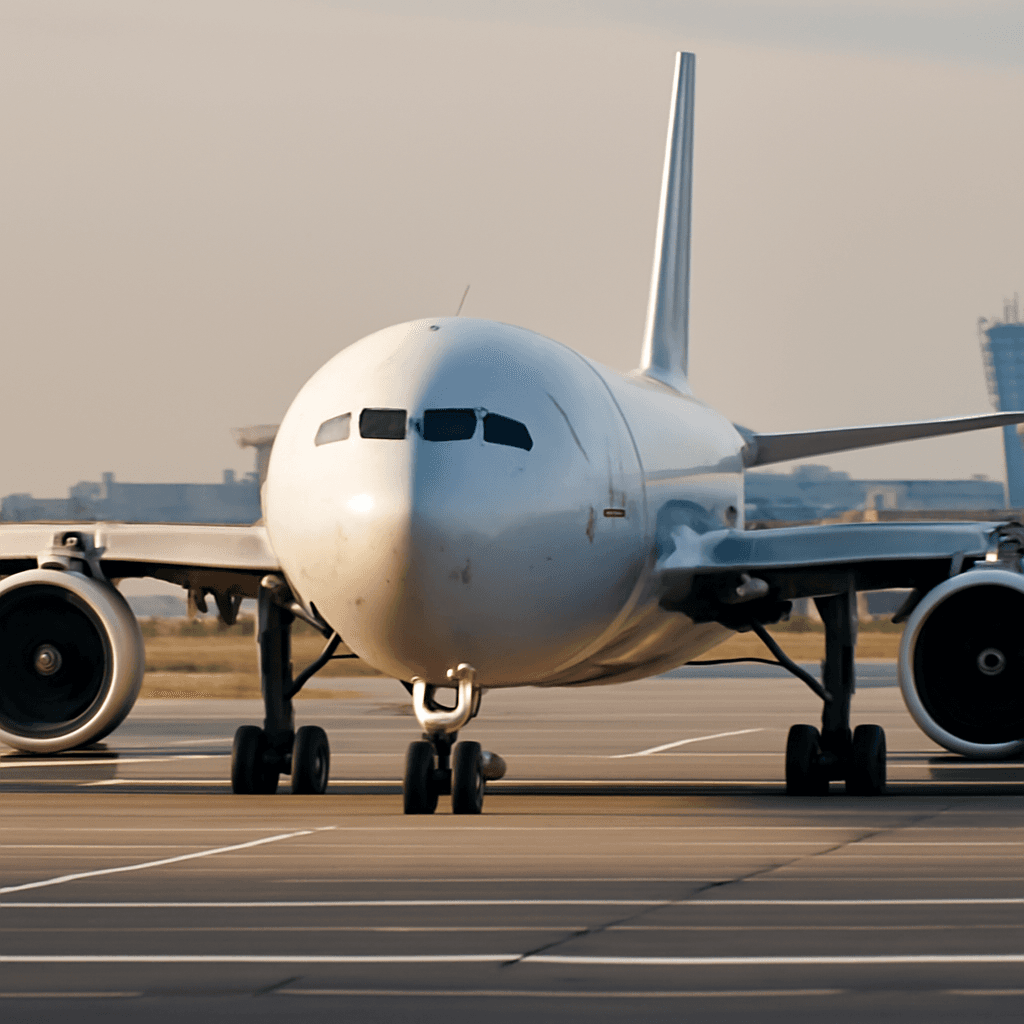Optimism in the global business travel sector has significantly declined in 2025, driven by escalating economic uncertainty and trade tensions. According to a recent report by the Global Business Travel Association (GBTA), positive sentiment among business travel professionals dropped from 67% in November 2024 to just 31% in April 2025.
The GBTA surveyed over 900 industry experts, revealing that more than one-third of business travel buyers are either implementing or considering policy changes related to travel to and from the United States. Additionally, around 6% have relocated business events away from the U.S. to other countries, reflecting shifts in global meeting hubs.
CEO Suzanne Neufang highlighted the unprecedented uncertainty currently affecting the sector. Nearly 30% of business travel buyers anticipate a reduction in employee trips in 2025, with 27% expecting a decline in business travel spending. Approximately 40% of respondents remain neutral, underscoring widespread ambiguity.
Concerns center on rising business travel costs and visa processing challenges, cited by 54% and 46% of respondents respectively. While global airfares have decreased slightly year-to-date by about 2.2%, these operational hurdles contribute to a cautious outlook.
Despite these challenges, the global business travel market is projected to exceed $1.6 trillion by the end of 2025, with expectations to surpass $2 trillion by 2028 if adverse developments can be avoided. Notably, business travel spending fully recovered in 2024, aided partially by inflation, although travel volumes have yet to return to pre-pandemic levels.
Neufang also pointed out a potential silver lining: trade wars may temporarily increase business travel as companies seek new partnerships and markets. "During times of trade conflicts, business travel may rise initially as firms adapt to disrupted relationships," she stated.
Nonetheless, sustained high tariffs could dampen U.S.-related travel, though other global routes, particularly between Europe, Asia, and Africa, are expected to remain stable.
Separately, international leisure travel to the U.S. has declined in 2025, with visitor spending forecasted to drop 4.7% from 2024, resulting in an $8.5 billion revenue shortfall for the U.S. travel industry.
As businesses navigate these evolving dynamics, the global travel sector remains poised for adaptation amid ongoing economic and geopolitical shifts.













